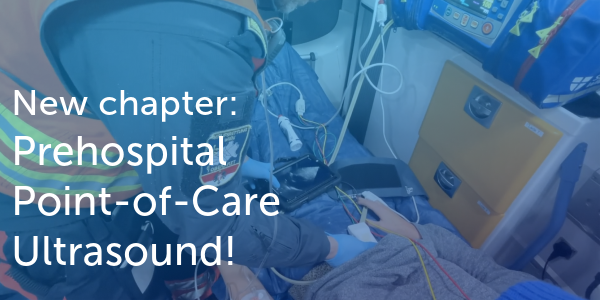5.3.5. Peripartum cardiomyopathy
Peripartum cardiomyopathy is a myocardial disease of unknown origin that causes left ventricular dysfunction. By definition it occurs towards the end of pregnancy or during the first few months after delivery. The diagnosis of peripartum cardiomyopathy requires that the clinician rule out other causes of causes of heart failure. Moreover, the patient should not have had any heart disease in the months preceding her pregnancy.
Video Platform Video Management Video Solutions Video Player Twenty-four year old patient who developed heart failure after peripartum cardiomyopathy in the 30th week of gestation. Left-ventricular function is markedly reduced and the patient has severe mitral regurgitation. She eventually required heart transplantation Peripartum cardiomyopathy is common in West Africa (1:100 live births in Zaire), but uncommon in the Western world (1:4000 live births in the US).Risk factors for peripartum cardiomyopathy are listed in the following table:
Risk factors for peripartal cardiomyopathy Older women African origin Toxemia during pregnancy Hypertension during pregnancy Tocolytic agents Twin pregnancy Obesity Low socioeconomic statusThe etiology of this condition is unclear. Several hypotheses have been discussed (autoimmune, myocarditis, malnutrition, genetic altered prolactin formation). Familial forms have also been reported.
Screen family members of patients with peripartal cardiomyopathy.Peripartum cardiomyopathy is frequently associated with severe left ventricular dysfunction and acute or even fulminant symptoms of heart failure. Termination of pregnancy or and even urgent heart transplantation may be required.
Aside from severely reduced left ventricular function, echocardiography frequently shows reduced right ventricular function. Other reported features include ventricular thrombi (right and left ventricle), thromboembolic complications, and a Takotsubo-like appearance of the left ventricle.
Look for hypertrabeculated ventricles when peripartal cardiomyopathy is suspected. Possibly, the underlying cause of cardiomyopathy is a non-compaction syndrome.The prognosis of the disease depends on the severity of left ventricular dysfunction, how early it is treated, and geographic variations. The prognosis is better in the Western world: left ventricular function is fully restored in 20-45% of patients.
